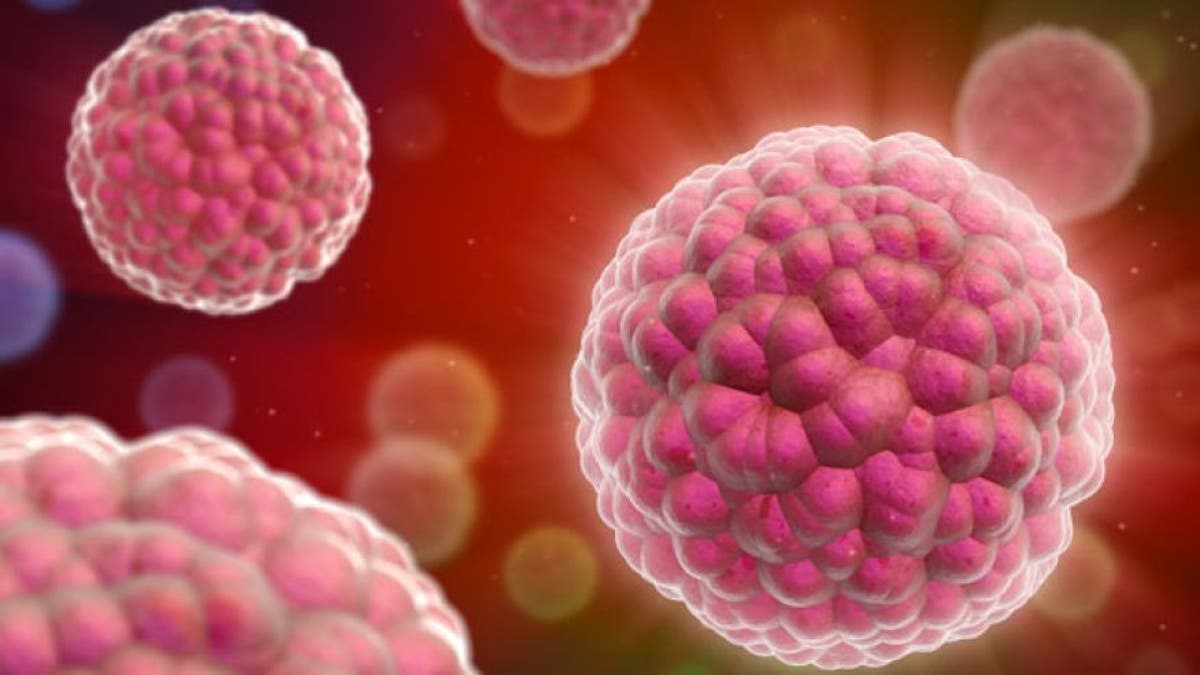
Scientists have begun clinical trials for the treatment of a gene mutation linked to multiple cancers, reveals a study published Tuesday in the journal Cancer Discovery.
In 1982, researchers discovered that the gene TRK caused a small percentage of colon cancers. In 2013 and 2014, studies linked the gene to at least 11 tumor types, including lung, breast and skin cancer. Modern technology has finally enabled researchers to test potential treatments for these gene abnormalities.
“Now technology lets us find the gene in actual patient samples, and drugs are available to target these gene rearrangements— making it possible to treat TRK cancers in clinical trials in ways we only dreamed of 32 years ago," Robert C. Doebele, investigator at the CU Cancer Center and associate professor of medical oncology at the CU School of Medicine, said in a news release.
In the womb, the TRK family of genes and the proteins they encode are crucial for the development and survival of neurons. After birth, they are programmed to go dormant, but when they improperly fuse with other nearby genes, the TRK genes can resume signaling cells to grow and become immortal. In adult tissue, this process can cause cancer.
"What we're finding is that while TRK fusions may not be the major cause in any single, major cancer, it's the cause of small percentages of many cancer types," Doebele said.
Doebele’s study cites previous research that suggests TRK fusions are responsible for 3.3 percent of lung cancers, 1.5 percent of colorectal cancers, 12.3 percent of thyroid cancers, about 2 percent of glioblastomas, and 7.1 percent of pediatric gliomas (brain tumors). These numbers add up when they are considered together, Doebele said.
While treatments for TRK fusions were nonexistent a decade ago, today, a class of drugs has been developed to target this type of genetic abnormality. Tryrosine kinase inhibitors in particular can switch off these genes, and the Food and Drug Administration (FDA) has approved a drug that targets two different types of fusion genes in lung cancer.
"A lot of doctors in academia or community hospitals are ordering next-generation sequencing panels for their patients,” Doebele said. “If it turns out that patients' tumors have TRK alterations, I want their doctors to know that there are treatment options available via clinical trials.”
